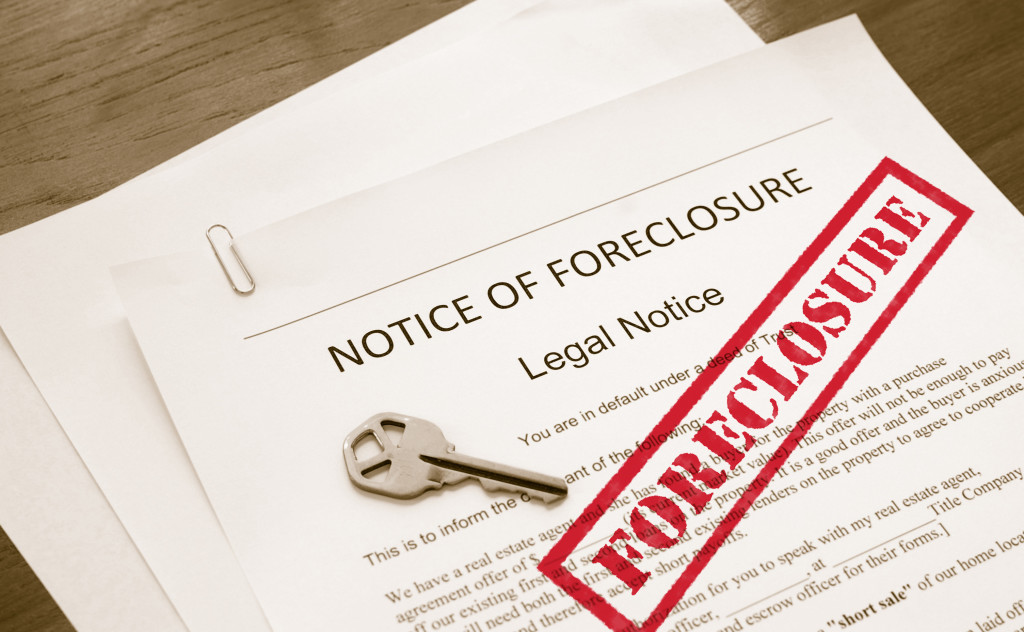Published by Forbes.com | January 16, 2023
In an attempt to correct perceived abuses, the NY legislature may have made the foreclosure process even worse.
Between Christmas and New Year’s Day of 2022, New York’s Governor signed legislation designed to correct an alleged potential for “abuse” of the foreclosure process by mortgage lenders. The context for that “abuse” is relatively exotic and unusual. It had nevertheless spawned a series of New York cases. The Legislature’s solution to the “abuse” creates a new pitfall for mortgage lenders when they try to recover their defaulted loans through the foreclosure process.
The legal issues start when a mortgage lender accelerates a loan, which is to say, requires the borrower to repay the entire loan because the borrower defaults in making monthly payments or in complying with other obligations under the loan documents. Once the lender accelerates the loan, New York law gives the lender six years in which to start a foreclosure action. Amazingly, lenders miss that deadline with some frequency.
Sometimes, a lender accelerates the loan as part of commencing the foreclosure litigation. Later, the lender might voluntarily stop the foreclosure. In a recent New York case, the state’s highest court decided that, in that circumstance, the voluntary termination cancels the acceleration. After that cancellation, the lender can stop worrying about the six-year period in which to start a foreclosure action. Instead, the lender can hold off and accelerate again later, starting a new six-year period.
The Legislature didn’t like the idea that lenders could start to foreclose, stop their foreclosure action, and then wait as long as they wanted to accelerate again. This was considered to be abusive, a cruel way of tormenting the borrower. That was true even though at all points in the process the loan remained in default. The borrower had borrowed the loan, had the full benefit of the loan proceeds, wasn’t performing its obligations under the loan documents, and could have ended its torment at any time by bringing the loan current or selling the mortgaged property.
In response, the state enacted a new law saying that once a lender accelerates a loan, nothing the lender unilaterally says or does can cancel or reverse the acceleration. After accelerating, the lender has only six years to start a foreclosure action. Voluntary termination of a foreclosure action doesn’t restart the clock.


